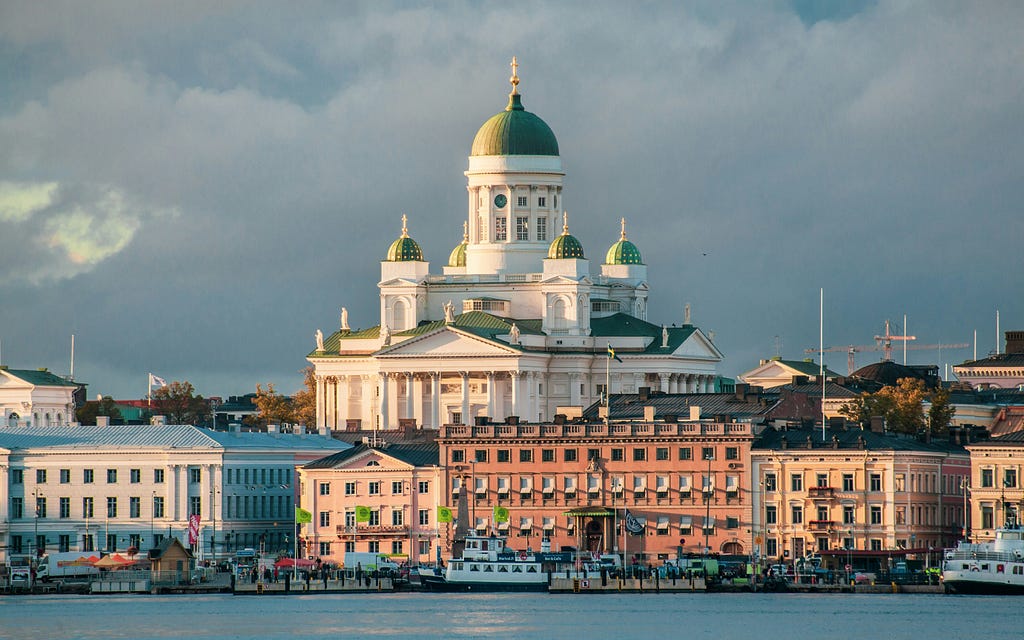The Royal Commission into Robodebt recommended making cabinet documents easier to access under FOI laws, finding the current system thwarted investigations into the scheme.
The Prime Minister himself described Robodebt as a “gross betrayal and human tragedy”, yet his government plans to make cabinet documents harder to access.
This is in direct defiance of the Robodebt Royal Commission’s recommendation to make cabinet documents available for public scrutiny.
“If cabinet documents had been public, the unlawful and cruel Robodebt scheme could have been exposed and prevented. For that reason, the Robodebt Royal Commission recommended making cabinet documents available under FOI,” said Bill Browne, Director of the Australia Institute’s Democracy & Accountability Program.
“The Albanese government wants to make documents even harder to access, in defiance of the Royal Commission, increasing the risk the next Robodebt will happen in secret.”
“The over-use of the cabinet document exemption and other problems with the FOI system are critical reasons why Robodebt was allowed to continue with impunity for so long,” said Maria O’Sullivan, Associate Professor at Deakin Law School.
“The proposed changes to the FOI Act will actually expand the cabinet exemption even further.”
The new research also reveals that it is government inefficiency, not the number of requests, behind the growing cost of the FOI system.





